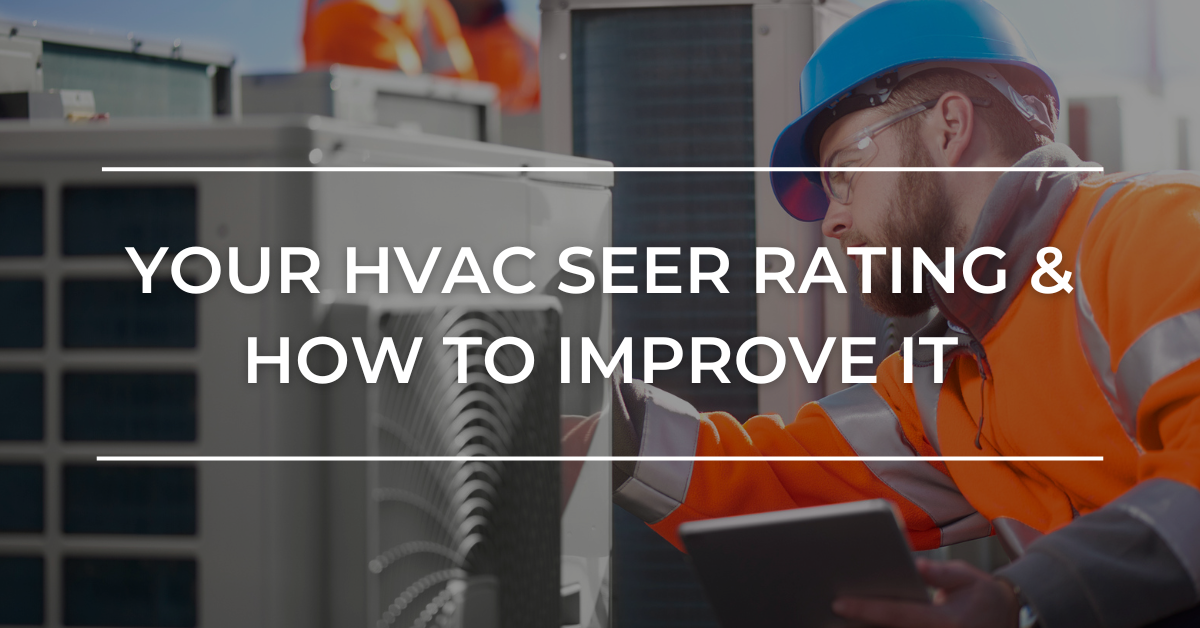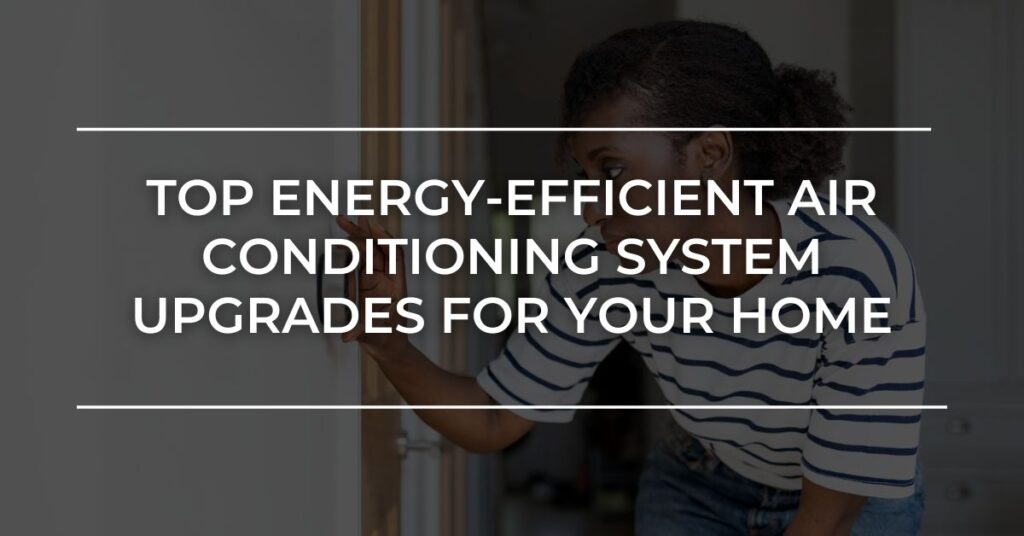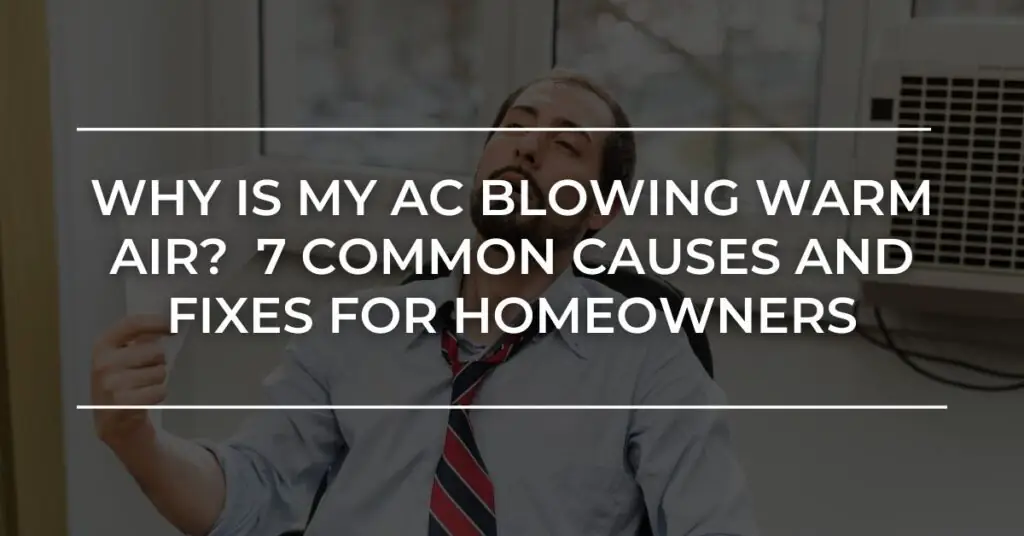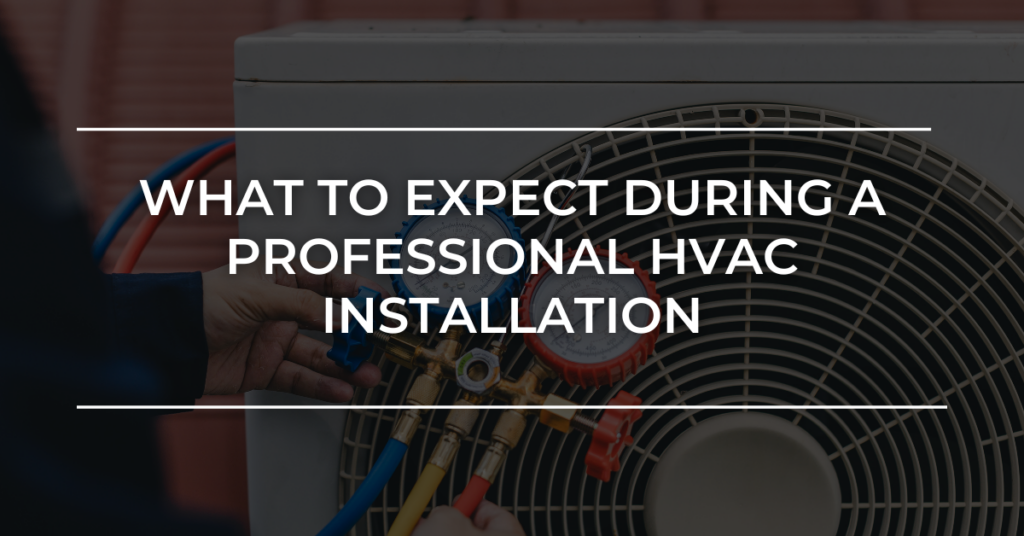
An energy efficient HVAC system can help you save on energy bills while contributing to a greener environment. Understanding your HVAC’s SEER rating is key when assessing the energy efficiency of your unit. In this article, we will explain the SEER rating system, why it matters, and how you can improve your HVAC’s rating.
What is SEER and Why Does It Matter?
SEER stands for Seasonal Energy Efficiency Ratio, and it measures the efficiency of your HVAC system. Your SEER rating directly correlates to the amount of energy your HVAC unit utilizes to cool or heat your home. The higher your SEER rating, the more efficient your HVAC system is, thus helping to lower your energy bills and keep your home comfortable all year long. If you’re aiming to lower your carbon footprint, then you should pay close attention to your HVAC’s SEER rating. Newer HVAC units typically have higher SEER ratings when compared to older units, and some even have the Energy Star label, which means that the product meets or exceeds the SEER requirements set by the Environmental Protection Agency (EPA).
SEER vs SEER2
Traditionally, the energy efficiency of air conditioning units were measured with a SEER rating. However, this calculation has been recently updated to be SEER2, or Seasonal Energy Efficiency Ratio 2. Like SEER ratings, SEER2 provides a measurement of the energy efficiency of HVAC units. This updated standard is said to be more accurate and provides a better gauge of energy efficiency in the home. SEER2 is the new standard in measuring energy efficiency of HVAC units.
Benefits of Improving Your SEER Rating
A good SEER rating is 14 or higher, but some newer HVAC units can have SEER ratings as high as 23. Homeowners should aim for a high SEER rating because this directly correlates with the energy efficiency of your HVAC system. Improving your SEER rating comes with many benefits, including:
- Lower Energy Bills: Arguably, the biggest benefit of improving your SEER rating is increased energy efficiency, which can help lower your energy bills. Inefficient HVAC systems can cause a dramatic spike in energy bills over time. So, if you’ve noticed an increase in your energy bills, consider looking into your HVAC unit’s SEER rating.
- Improved Comfort: The higher your SEER rating, the more comfortable your home will be. Higher SEER ratings correlate with better temperature regulation in your home, helping to improve comfort.
- Extended HVAC Lifespan: Improving your SEER rating can also help extend the lifespan of your HVAC unit. HVAC units with high SEER ratings often outlast those with lower ratings due to efficiency and overall performance.
How to Improve Your SEER Rating
Improving your SEER rating isn’t as daunting as it may seem. There are several ways you can improve your SEER rating, including:
- Preventative Maintenance: Preventative maintenance is a great way to improve your HVAC’s energy efficiency, thus improving your SEER rating. Preventative maintenance performed by a professional HVAC technician can ensure your unit is operating at peak performance.
- Upgrade to a Programmable Thermostat: Your thermostat plays a huge role in the efficiency of your HVAC unit, which is why we recommend upgrading to a programmable thermostat if you seek to improve your SEER rating. Programmable thermostats can help your HVAC unit run more efficiently and save energy. This system enhancement can help improve the accuracy of your unit while saving money on your energy bills.
- Properly Insulate Your Home: Insulation is key when it comes to properly cooling and heating your home. If your home has poor insulation, then your SEER rating will suffer, no matter how efficient your HVAC system is. Poor insulation will allow air to leak out, causing your HVAC unit to work harder than necessary. If you are dealing with poor insulation, consider adding blown-in attic insulation. This upgrade is a great option for those seeking to improve temperature regulation in the home.
- Replace Air Filters Regularly: As you know, it’s important to change your air filters every 3 months to ensure air can easily flow through. Clogged and dirty air filters can reduce the energy efficiency of your HVAC unit, thus hurting your SEER rating. Replacing your air filters regularly can not only help improve your SEER rating, but it can also improve your indoor air quality and lower your energy bills.
Regardless of how new your HVAC unit is, there is always room to improve your energy efficiency. Follow the steps outlined here to ensure your HVAC system is as efficient as possible.
Ready to take the first step in improving your SEER rating? Contact us today at (919) 348-4451 to schedule preventative maintenance for your HVAC system. Our team of professionals is here to help!




